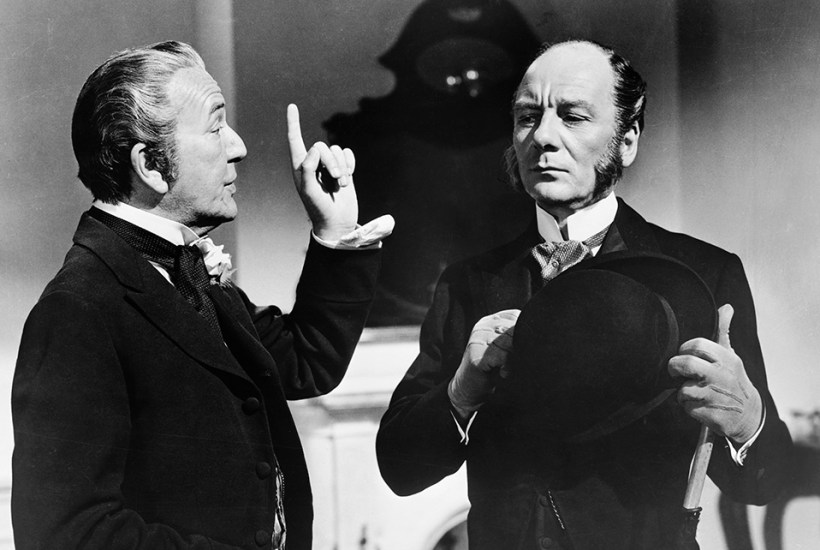Columnists get unsolicited free copies of new books, it often seems by almost every post. They frequently come as publishers’ ‘uncorrected proofs’, before publication day. Publicists are of course hoping we might mention the book in something we write, and often there’s a friendly note inviting us to provide a quote for the book-cover’s inside sleeve – ‘Profound, moving and richly funny: best thing I’ve read all year’, that kind of thing.
Already a subscriber? Log in
Subscribe for just $2 a week
Try a month of The Spectator Australia absolutely free and without commitment. Not only that but – if you choose to continue – you’ll pay just $2 a week for your first year.
- Unlimited access to spectator.com.au and app
- The weekly edition on the Spectator Australia app
- Spectator podcasts and newsletters
- Full access to spectator.co.uk
Or
Unlock this article
You might disagree with half of it, but you’ll enjoy reading all of it. Try your first month for free, then just $2 a week for the remainder of your first year.









Comments
Don't miss out
Join the conversation with other Spectator Australia readers. Subscribe to leave a comment.
SUBSCRIBEAlready a subscriber? Log in